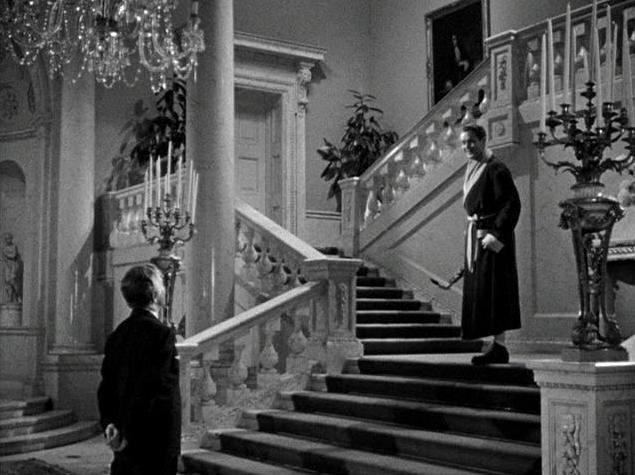
 |
| Photo © 1941 Columbia Pictures |
| Academy Award Nominations and Winners: | |
| Best Picture | |
| Best Director: Alexander Hall | |
| Best Actor: Robert Montgomery | |
| Best Supporting Actor: James Gleason | |
| ★ | Best Original Story: Harry Segall |
| ★ | Best Screenplay: Sidney Buchman & Seton I. Miller |
| Best Cinematography (Black & White): Joseph Walker | |
| Permalink | Home | ABC | Blog |